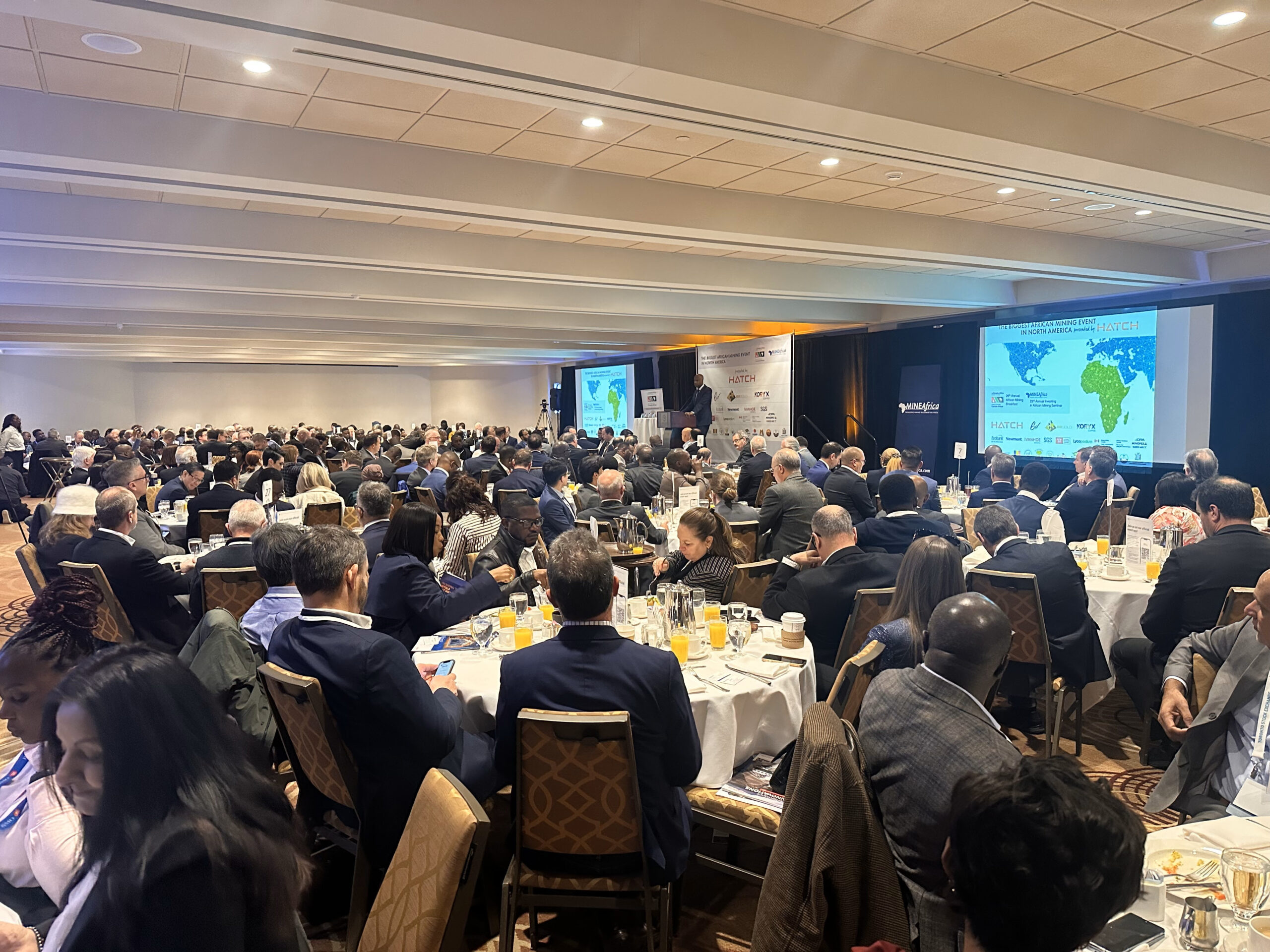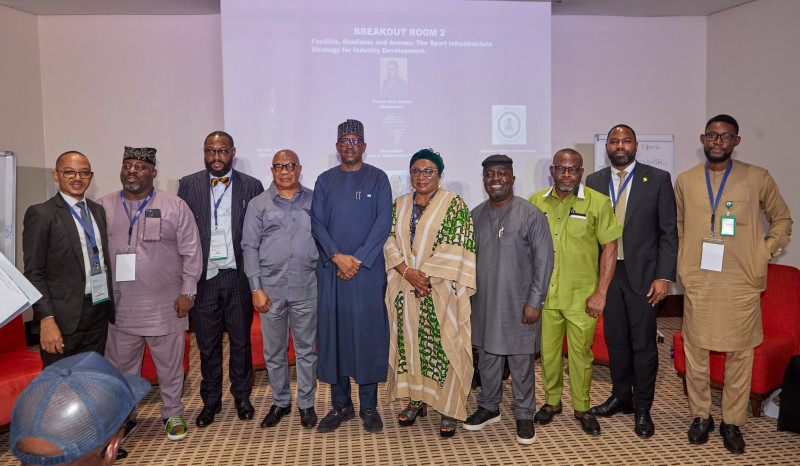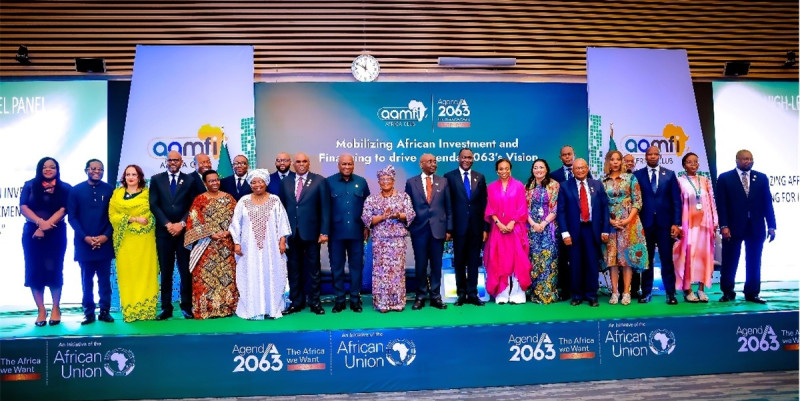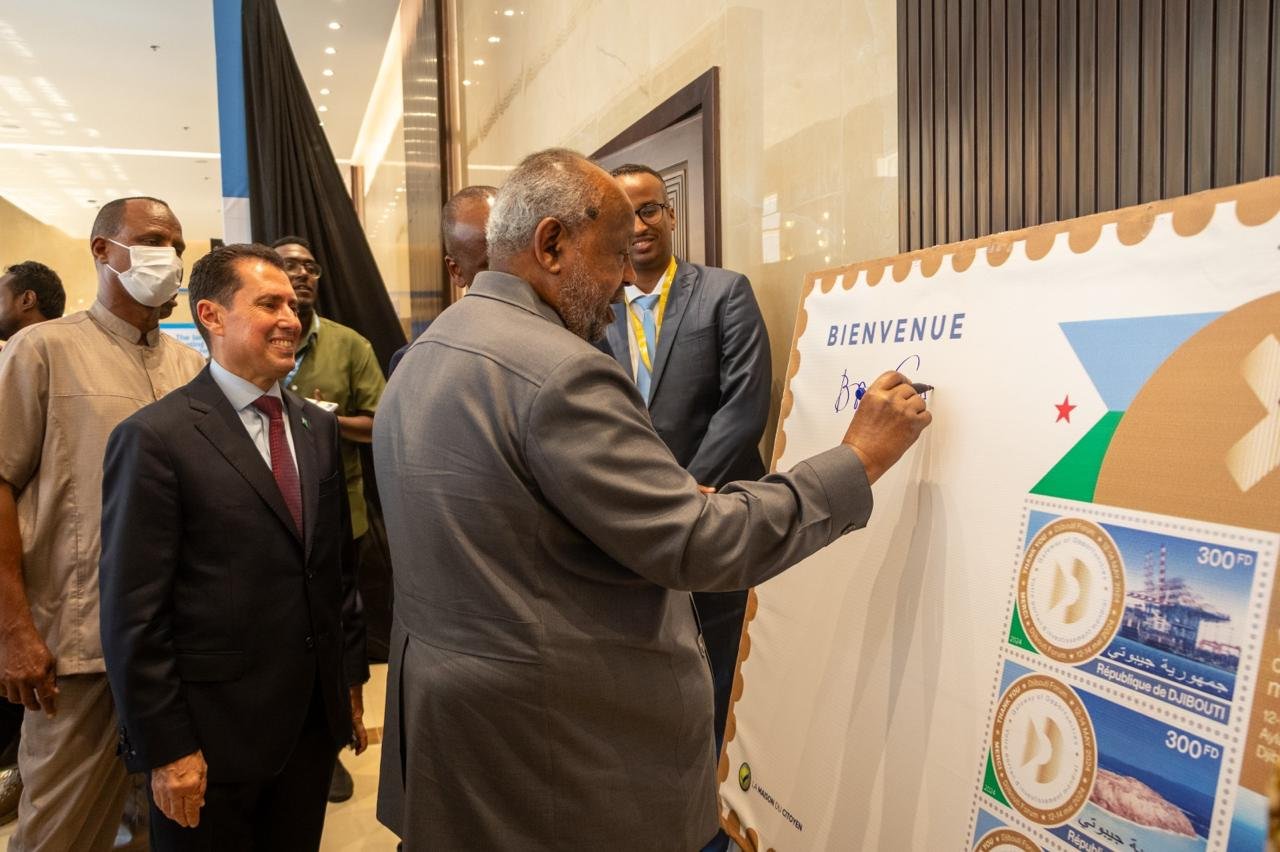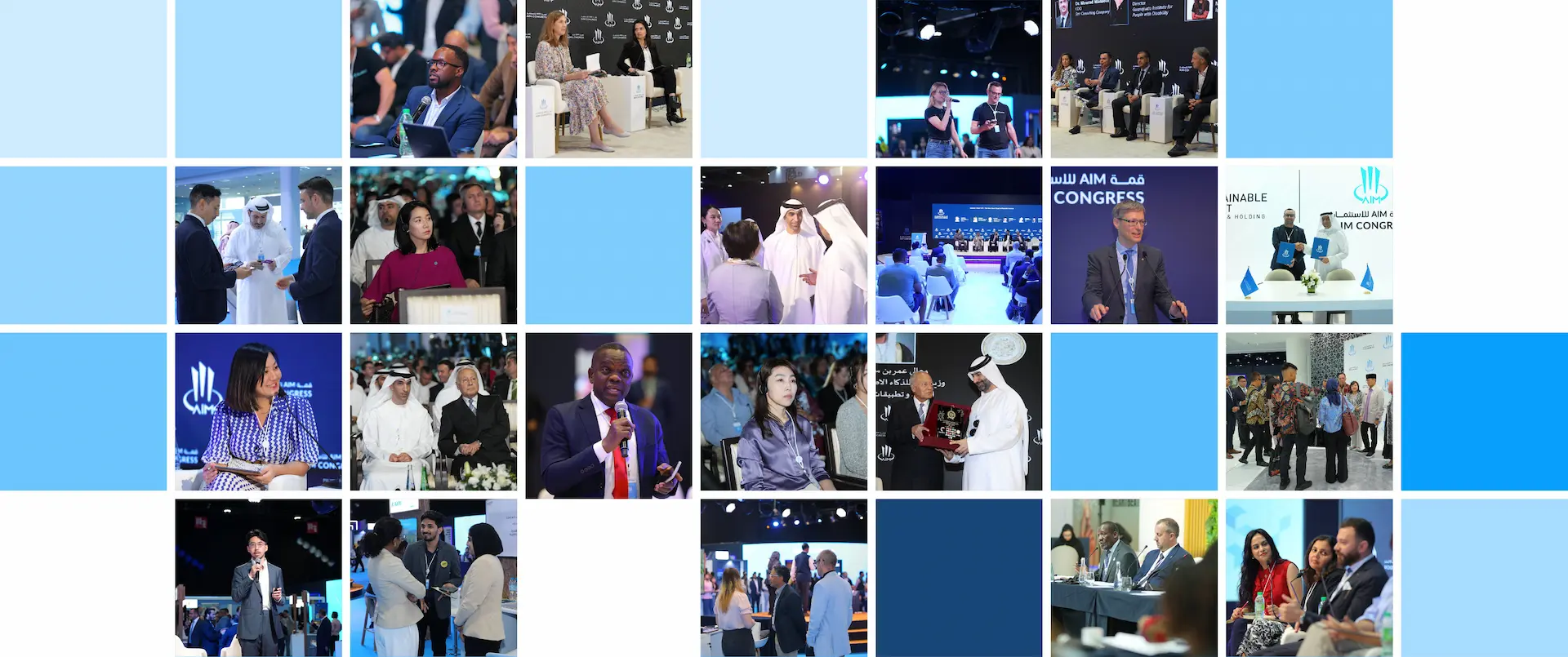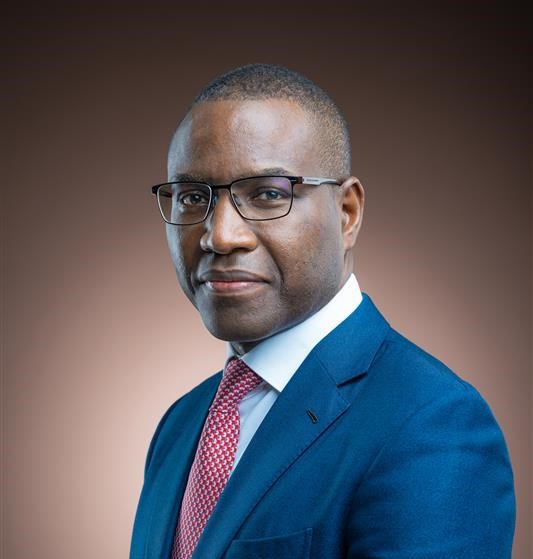By: Mohammed A. Abu
The 6th of March this year witnessed the Canadian Government’s launch of Canada-Africa Strategy-A Partnership for Shared Prosperity and Security.
“With this strategy, Canada is leveraging its long-standing partnerships with African countries to unlock unprecedented opportunities for prosperity and stability from which Canadians and the African people can mutually benefit for years to come,” said the Hon. Mélanie Joly, Minister of Foreign Affairs
This comes on the back of the African Union and Japan’s expression of commitment to co-creating a Sustainable Future for Africa at a Ministerial meeting ahead of the Tokyo International Conference on African Development(TICAD) 9 Summit last year.
On the occasion of the launch, a number of stakeholders, including Canada-Africa Chamber of Business members, were invited by the Government of Canada to join a briefing with PS Rob Oliphant, Parliamentary Secretary to the Minister of Foreign Affairs.
Invited Canada-Africa Chamber of Business members briefly convened for networking and information-sharing, over light refreshments, immediately preceding the briefing. “Aligned with the African Union’s continental blueprint, Agenda 2063: The Africa We Want, Canada’s Africa Strategy was developed over a 2-year period through extensive consultations with Canadian and international stakeholders and African partners and stakeholders,” noted Global Affairs Canada.
“PS Rob Oliphant effectively described the strategy as the basis for a work plan to which all stakeholders are invited to co-create and deliver as Team Canada,” said Paula Caldwell St-Onge, Chair of the Board of the Canada-Africa Chamber of Business.
The Chair added: “I am delighted so many Chamber members and sponsors have re-committed to their ongoing work across African markets – through economic engagement as businesses, in addition to supporting conference programs open to all Canadian companies and African counterparts. Ongoing discussions on this first-ever Africa Strategy will be included in upcoming conferences in Canada and African markets, to accelerate Canada-Africa trade and investment.”
The Chamber encourages all to get involved in the work plan process as it pertains to the role of businesses, and is committed to ongoing information-sharing, in line with our mission, to further the development of commercial ties – through networking and the exchange of best practice and innovation that enables economic prosperity for all.
As a non-partisan business organization, the Chamber also thanks and recognizes all elected leaders – from various parties and economic portfolios – both for their invitations to Chamber members to engage directly, as well as their participation in Chamber events as invited guests. Our members look forward to ongoing engagements on trade and investment, in the context of the private sector’s role in market-driven growth.
A number of Canada-Africa Chamber of Business members attended, following the briefing with their perspectives, and commitments, in support for Canada’s presence in African markets:
“We applaud the Honourable Minister Joly, Honourable Minister Ng, Honourable Minister Hussen, and Parliamentary Secretary Rob Oliphant on the launch of Canada’s first Africa Strategy,” said Christopher Berschel, CEO of Sealion Cargo Inc, a Chamber member who was among the invitees: “This unified direction, underpinned by a long standing partnership and joint cooperation, lays out 5 key foundational pillars that Canadians and the 54 African nations can stand behind, with a joint sense of drive and pride. As the strategy turns to execution, we – together with The Canada Africa Chamber of Business – look forward to active participation in the development of new connections, new trade facilities, and streamlined trade solutions for both imports and exports.”
Over 600 attendees joined Africa Mining Breakfast and MineAfrica’s 23rd Annual Investing in African Mining Seminar
The Canada-Africa Chamber of Business 26th Annual African Mining Breakfast & MineAfrica’s 23rd Annual Investing in African Mining seminar presented by Hatch featured 56 speakers and 620 attendees throughout the morning on March 4th at the Sheraton Hotel.
The breakfast featured addresses from numerous leaders, including:
– The Hon. Ahmed Hussen, Canada’s Minister of International Development
– The Hon. Emmanuel Armah-Kofi Buah, Minister of Lands and Natural Resources, Republic of Ghana
– Abdul Rahman Amoadu, Managing Director – Africa and Canada, Newmont
– Paul Lefebvre, Mayor, City of Greater Sudbury
– Joe Lombard, Vice-Chair, Hatch
– Paula Caldwell St-Onge, Chair, The Canada-Africa Chamber of Business
MineAfrica’s spotlight sessions also featured country overviews by African Mining Ministers, project updates by mining CEOs and presentations on current trends in African mining by expert advisers. MineAfrica also had 11 exhibitors (and 85 delegates) in the PDAC Trade Show.
Africa CEO Forum, Abidjan, May 11-14
The Canada-Africa Chamber of Business is also partnering in the delivery of the Official Canadian Reception and concurrent program during the Africa CEO Forum, the continent’s largest annual event dedicated to the private sector bringing together over 2,000 business leaders, investors, policymakers, and influential figures from around the world in Cote d’Ivoire this year.
The Canada Program includes a welcome reception for the Canadian delegation on May 11th, bringing together the business community and other guests at the Official Residence of the Canadian Ambassador in Côte d’Ivoire. The program runs through to May 14th and will also include a networking breakfast, B2Bs, a business panel and informal networking opportunities.
Supporting the call of the Canadian Embassy to Côte d’Ivoire, the Chamber is encouraging Canadian businesses to participate in the Africa CEO Forum to access rapidly growing markets and explore strategic partnerships in key sectors such as agribusiness, clean technologies, ICT, and infrastructure. In addition to the Chamber’s support for its members in Abidjan, Canada’s Trade Commissioner Service stands ready to assist all Canadian companies attending.
SOURCE
The Canada-Africa Chamber of Business
